“Sodium sulphate 25kg” has been added to your cart. View cart
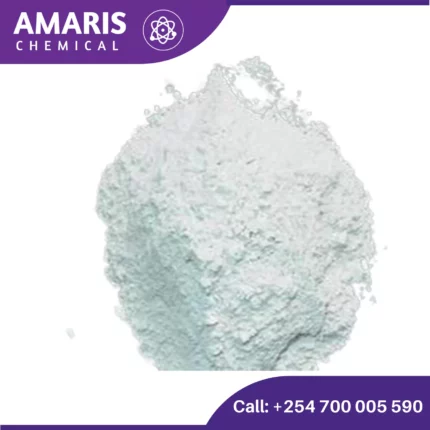
Zinc Hydroxide 250gm
$650.00 Original price was: $650.00.$600.00Current price is: $600.00.
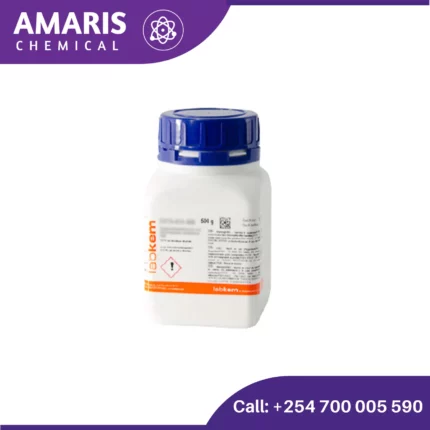
Zinc Nitrate 500gm
$2,500.00 Original price was: $2,500.00.$2,300.00Current price is: $2,300.00.
Zinc Metal Granular 500gm
$650.00 Original price was: $650.00.$600.00Current price is: $600.00.
Whatsapp Order
Zinc metal granular consists of small, granular particles of zinc. It is a versatile material widely used in various applications, including as a corrosion-resistant coating in galvanization, in batteries, and in various chemical reactions. Its granular form enhances its surface area, making it effective in processes where rapid reaction or increased contact is needed. Zinc is known for its ability to protect other metals from rusting, thanks to its sacrificial corrosion properties. This form is also valuable in industrial processes where precise measurements and controlled reactions are essential.
SKU:
ACS87197CHEM0
Category: Analytical Reagents
Description
Laboratory Uses of Zinc Metal Granular:
- Chemical Reactions: Used as a reagent in various chemical reactions, such as in the preparation of zinc salts and as a reducing agent.
- Electrochemical Studies: Employed in electrochemical cells and experiments to study corrosion, galvanic cells, and other electrochemical processes.
- Catalysis: Acts as a catalyst or catalyst support in certain organic synthesis reactions.
- Batteries: Used in the preparation of zinc-based batteries, including zinc-carbon and zinc-air batteries.
- Corrosion Testing: Utilized in corrosion resistance testing and experiments to simulate real-world conditions for metal protection.
- Analytical Chemistry: Helps in the determination of metal content and in the analysis of complex samples through various analytical techniques.
Reviews (0)
Be the first to review “Zinc Metal Granular 500gm” Cancel reply
Related products
Acetic Acid 2.5litre
Acetic acid is an organic acid with the chemical formula CH3COOH, also known as ethanoic acid. It is a colorless liquid with a pungent, sour taste and a distinctive vinegar-like odor. Acetic acid is an important industrial chemical used in the production of various products, including solvents, plastics, textiles, and food additives. It is also the main component of vinegar, which is commonly used as a condiment and preservative in cooking and food preparation.
Aceto Carmine 100 ml
Aceto carmine is a staining solution used primarily in microscopy to highlight cellular components. It is a mixture of carmine dye and acetic acid. Here’s an overview of its properties, preparation, and uses:
Properties
- Color: Red to purplish-red.
- Solubility: Soluble in water and ethanol.
- Staining Characteristics: Stains chromatin and cytoplasmic components, providing contrast for better visualization under a microscope.
Preparation
- Ingredients:
- Carmine dye: A natural red dye extracted from the cochineal insect.
- Acetic acid: A colorless liquid organic compound with a pungent smell.
- Procedure:
- Dissolve a specific amount of carmine powder in hot distilled water.
- Add glacial acetic acid to the solution.
- Filter the mixture to remove any undissolved particles.
Aluminum Carbonate 250g
Aluminum carbonate is a chemical compound with the formula Al2(CO3)3. It is a white, crystalline solid that is insoluble in water. Aluminum carbonate is not commonly encountered in pure form due to its high instability, especially in the presence of water and carbon dioxide. Instead, it tends to decompose into aluminum hydroxide and carbon dioxide when exposed to moisture or acidic conditions.
Aluminum Oxide 500 grams
Aluminum oxide, often referred to as alumina, is a chemical compound made up of aluminum and oxygen atoms (Al2O3). It occurs naturally in various minerals, including corundum and bauxite. It is one of the most widely used compounds, valued for its hardness, strength, and resistance to abrasion and corrosion.
Ammonium Carbonate LR 500gm
Ammonium Chloride 500gm
Ammonium chloride is an inorganic compound with the chemical formula NH4Cl. It is a white crystalline salt that is highly soluble in water and has a salty taste. Ammonium chloride is often used in various industrial and laboratory applications, including as a flux in soldering, as a nitrogen source in fertilizers, and as a component in dry cell batteries. It can also be used in medicine as an expectorant to help thin and loosen mucus in the respiratory system


 Emollients
Emollients Humectants
Humectants UV Filters
UV Filters Surfactants (cosmetic)
Surfactants (cosmetic) Preservatives (cosmetic)
Preservatives (cosmetic) Fragrances and Essential Oils
Fragrances and Essential Oils Antioxidants (cosmetics)
Antioxidants (cosmetics)
 Solvents (lab)
Solvents (lab) Chromatography Chemicals
Chromatography Chemicals Microbiology and Cell Culture Reagents
Microbiology and Cell Culture Reagents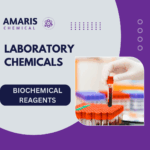 Biochemical Reagents
Biochemical Reagents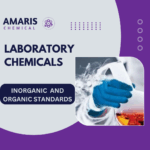 Inorganic and Organic Standards
Inorganic and Organic Standards LABORATORY EQUIPMENT & APPARATUS
LABORATORY EQUIPMENT & APPARATUS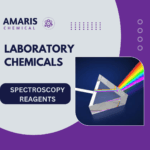 Spectroscopy Reagents
Spectroscopy Reagents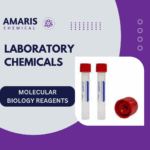 Molecular Biology Reagents
Molecular Biology Reagents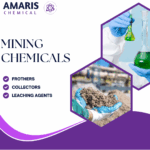
 Precious Metal Extraction Agents
Precious Metal Extraction Agents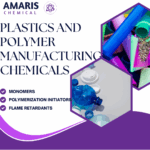
 Plasticizers
Plasticizers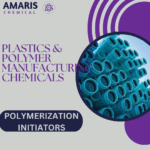 Polymerization Initiators
Polymerization Initiators Stabilizers
Stabilizers Monomers
Monomers Fillers and Reinforcements
Fillers and Reinforcements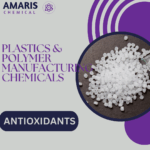 Antioxidants (plastics)
Antioxidants (plastics)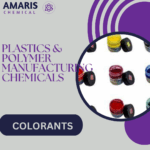 Colorants (plastic pigments,Dyes)
Colorants (plastic pigments,Dyes)
 Fertilizers
Fertilizers Plant Growth Regulators
Plant Growth Regulators Soil Conditioners
Soil Conditioners Animal Feed Additives
Animal Feed Additives Biostimulants
Biostimulants
 Dough Conditioners
Dough Conditioners Flour Treatments
Flour Treatments Fat Replacers
Fat Replacers Preservatives (baking)
Preservatives (baking)
 Surfactants (cleaning)
Surfactants (cleaning) Builders
Builders Bleaching Agents
Bleaching Agents Enzymes
Enzymes Solvents (cleaning)
Solvents (cleaning) Fragrances
Fragrances Disinfectant
Disinfectant Metal cleaning
Metal cleaning
 Binders/Resins
Binders/Resins Pigments
Pigments Solvents (paint)
Solvents (paint) Additives
Additives Driers
Driers Anti-Corrosion Agents
Anti-Corrosion Agents Specialty Coatings
Specialty Coatings Functional Coatings
Functional Coatings Application-Specific Coatings
Application-Specific Coatings
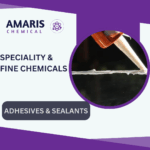 Sealants and Adhesives
Sealants and Adhesives
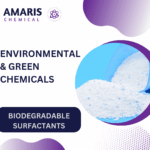 Biodegradable Surfactants
Biodegradable Surfactants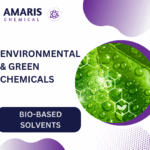 Bio-based Solvents
Bio-based Solvents Renewable Polymers
Renewable Polymers Carbon Capture Chemicals
Carbon Capture Chemicals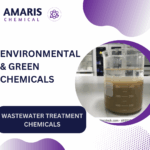 Wastewater Treatment Chemicals
Wastewater Treatment Chemicals
 Preservatives (food)
Preservatives (food) Flavor Enhancers
Flavor Enhancers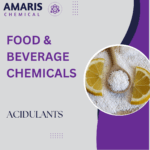 Acidulants
Acidulants Sweeteners
Sweeteners Emulsifiers
Emulsifiers Antioxidants (food)
Antioxidants (food) Colorants (food)
Colorants (food) Nutrient Supplements
Nutrient Supplements Nutraceutical Ingredients
Nutraceutical Ingredients
 Fresh Herbs
Fresh Herbs Whole Spices
Whole Spices Ground Spices
Ground Spices Spice Blends
Spice Blends
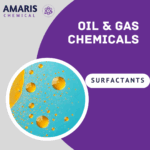 Surfactants(oil)
Surfactants(oil)
 Antibiotics
Antibiotics Active Pharmaceutical Ingredients
Active Pharmaceutical Ingredients Excipients
Excipients Vaccine Adjuvants
Vaccine Adjuvants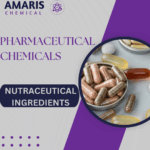 Nutraceutical Ingredients
Nutraceutical Ingredients Solvents (pharmaceutical)
Solvents (pharmaceutical)
 Automotive chemicals
Automotive chemicals Pyrotechnic Chemicals
Pyrotechnic Chemicals


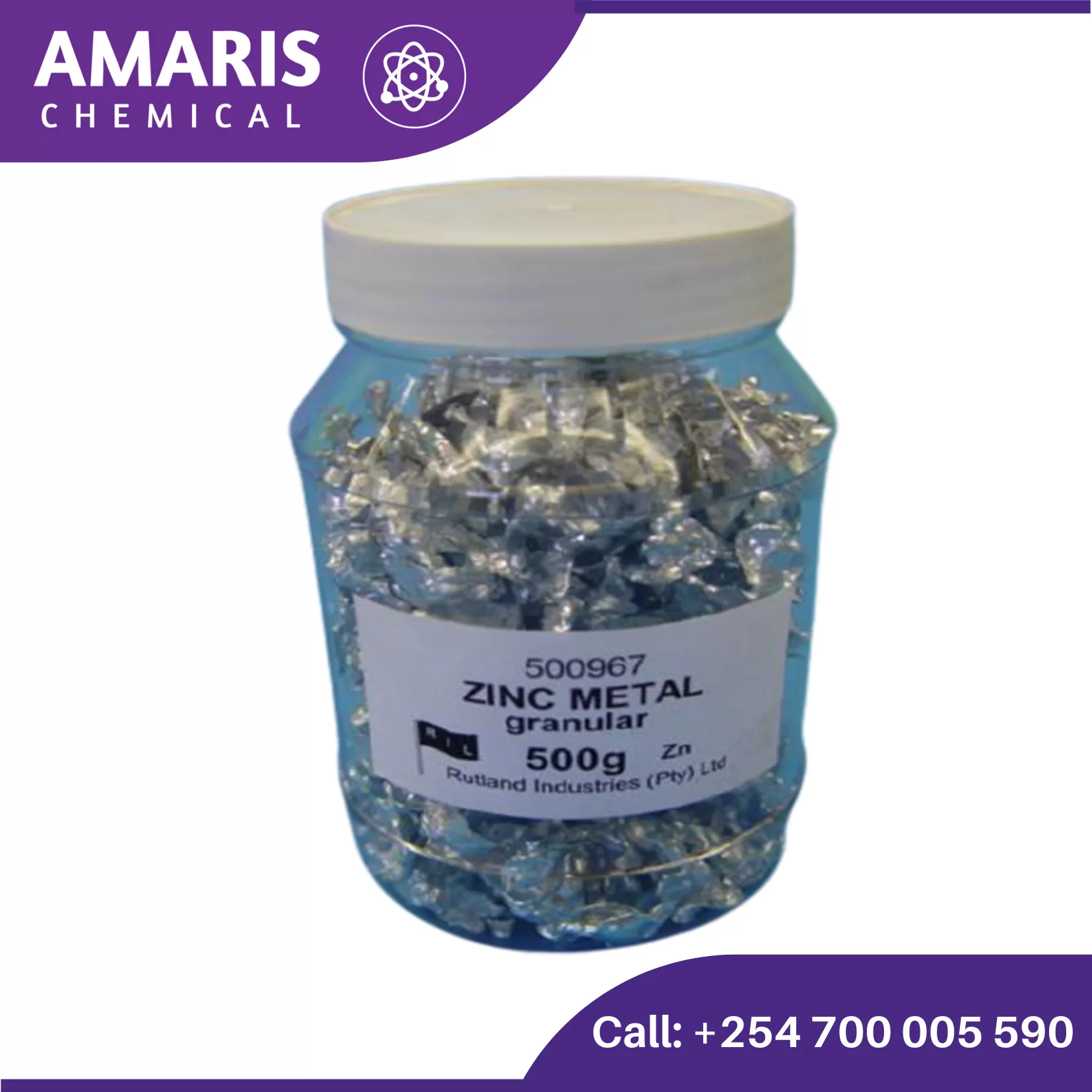
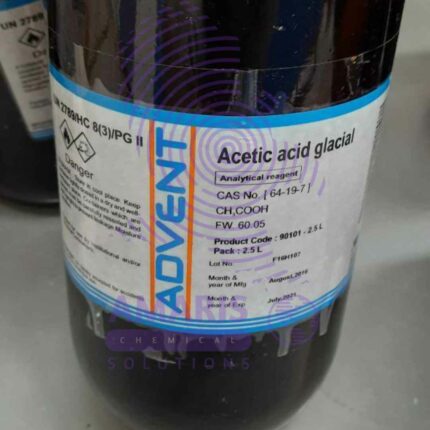
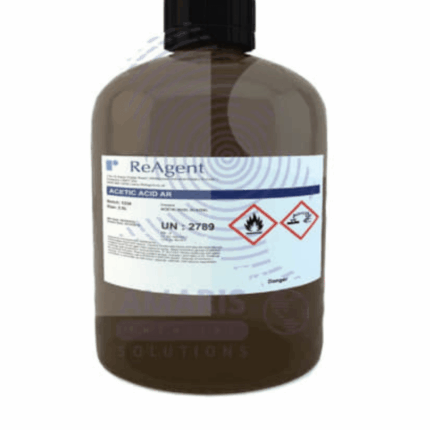
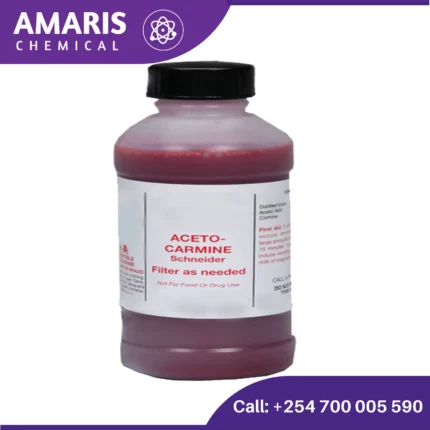
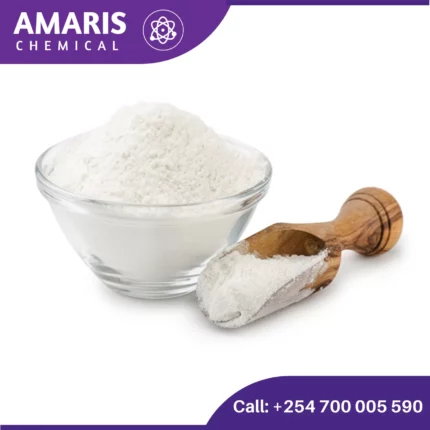
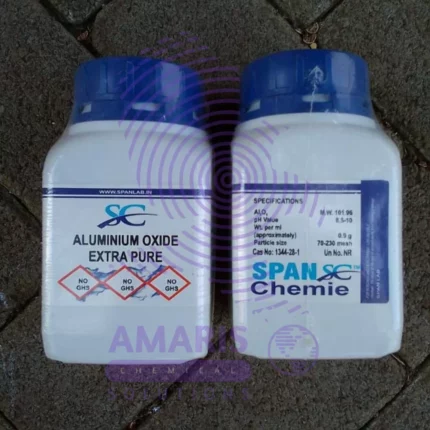
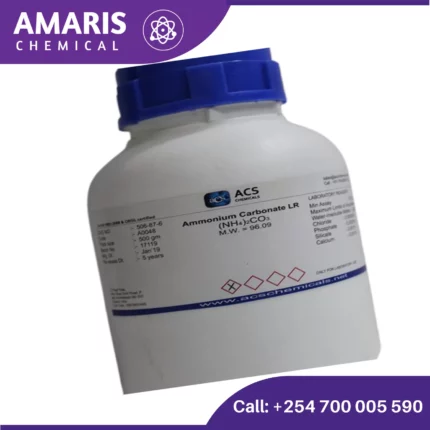
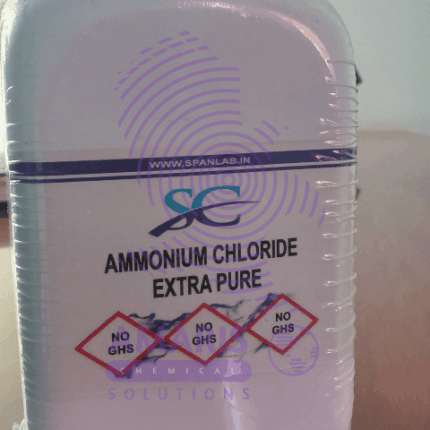
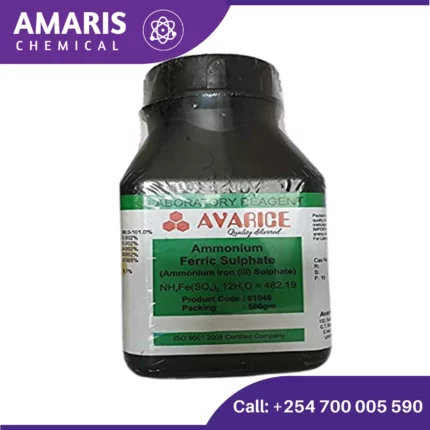
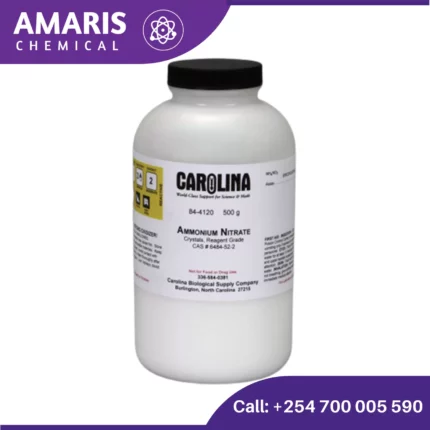













Reviews
There are no reviews yet.